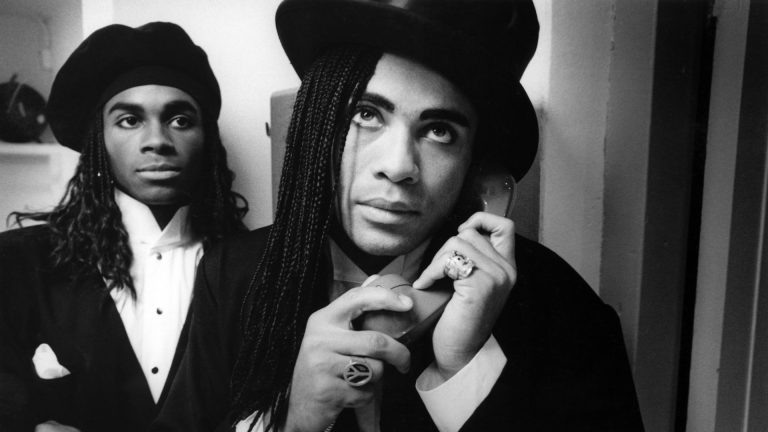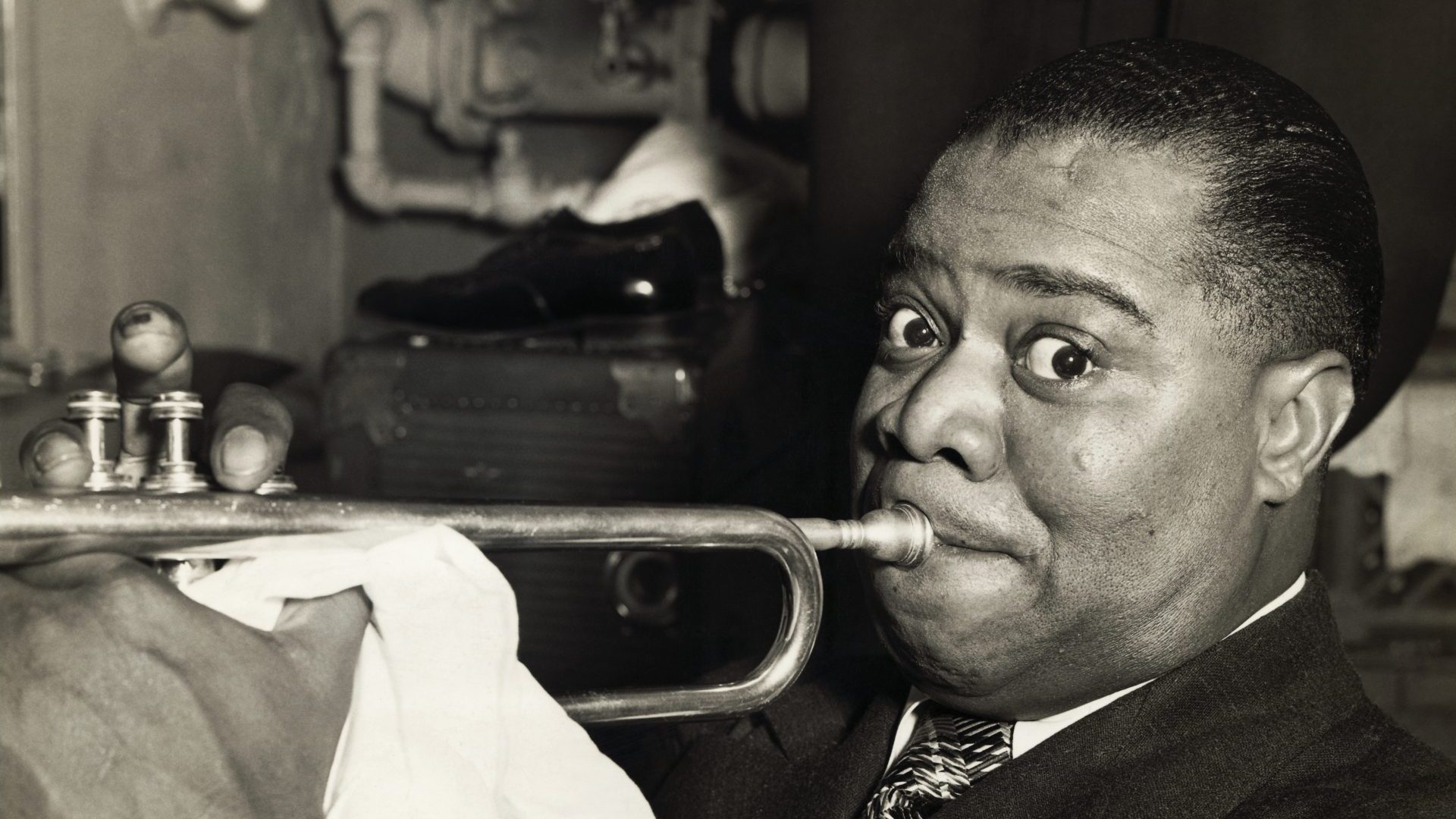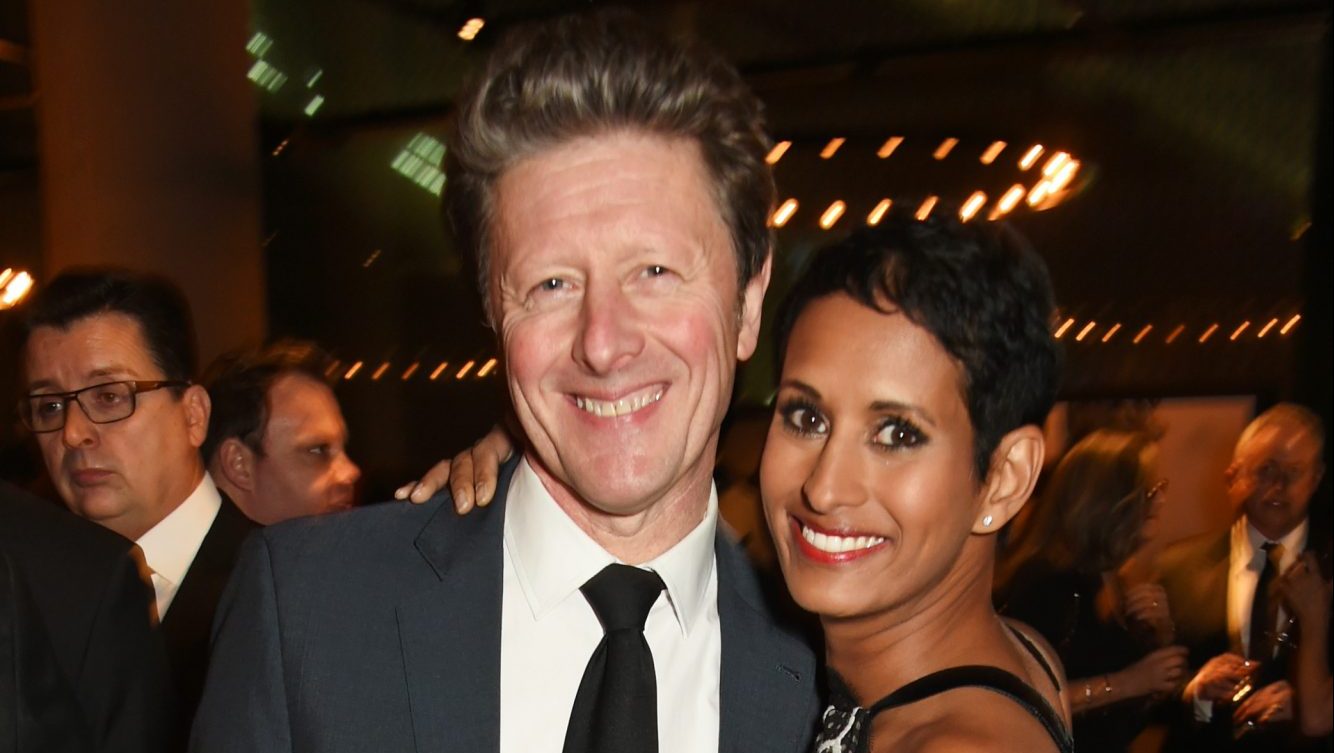In the winter of 1969, desperately ill and still mourning the loss of his long-time manager and confidante Joe Glazer in June, Louis Armstrong stepped in front of a microphone in New York City. It would take another year, and the denouement of On Her Majesty’s Secret Service, before cinemagoers could grasp the irony of the words on the lyric sheet, but Satchmo got them straight away.
As their writer Hal David watched on from the control room with James Bond composer John Barry, Armstrong sang: “We have all the time in the world. Time enough for life to unfold all the precious things love has in store.”
Barry explained: “I wanted the irony of an old man singing about having all the time in the world. I could think of no one else but Louis Armstrong.
“He was just the sweetest guy. He couldn’t record too much because of his health, but he gave us everything he had.”
The recording was one of the final precious things Louis Armstrong would share with the world after decades of delivering joy. He was born on August 4, 1901 – before Ian Fleming, before motion picture sound, before the word “jazz” was used in a musical context – in circumstances that were far from joyful. He grew up in New Orleans in what was effectively a single-parent household, where there was often not enough to eat.
Satiation came from an unlikely source – the Karnofskys, a family of Jewish immigrants. At a time when many would’ve baulked at hiring a black child, the Karnofskys were happy to let Louis collect junk alongside them. Not only that, but the young Morris Karnofsky bought Armstrong his first musical instrument, used first to inform the neighbourhood that the rag-and-bone man was about.
Louis recalled: “Morris bought for me a tin horn – the kind of tin horn they use at parties to make noise. One day, I took the wooden top off of the horn, and I held my two fingers close together where the wooden mouthpiece used to be, and I could play a tune of some kind. The [neighbourhood] kids really enjoyed that… They used to bring their bottles, Morris would give them a few pennies, and they would stand around the wagon while I would entertain them.”
Through this and other simple acts of charity, the Karnofskys put Louis Armstrong on two important paths; one involving the music that became his passion and his escape, the other a deep concern for society’s underdogs, in particular the Jewish community. “I will love the Jewish people all my life,” he wrote in his autobiography. “They were always warm and kind to me – a kid who could use a word of kindness.”
Suggested Reading

Rob Pilatus, the new Elvis who signed a deal with the devil
For Louis, wearing a Star of David around his neck was only one of several ways he celebrated the people who’d given so much. He also hired a Jewish manager, Glaser, and, when his health began to fail, put his trust in Dr Gary Zucker. He also donated money to Jewish charitable causes, a feat that grew easier the more successful he became.
Very few people have ever been famous the way Louis Armstrong was. He recorded and released music almost every year from 1923 to 1970, selling four million records. He travelled the world multiple times – a reminder that for long stretches of “Satchmo’s” career, jazz and its players were considered somewhat degenerate in the country that had birthed them all. When New Orleans introduced laws preventing white and black artists from performing on stage together, Louis left his home town, only returning when, as he put it, “I could make music with whichever cats I wanted.”
Noble as his New Orleans boycott was, Armstrong was criticised for not throwing his considerable cultural weight behind the civil rights movement. Of course, this wasn’t actually the case – Louis called on Franklin Roosevelt to do more for black Americans in the wake of the second world war. And by preferring to remain politically neutral, Armstrong guaranteed that, when he finally did speak his mind at the height of desegregation, his word packed that much bigger a punch:
“The way they’re treating my people in the South, the government can go to hell,” fumed Louis in 1957, adding that President Eisenhower was both “two-faced” and “gutless”.
By then, Armstrong was no longer a jazz innovator, but he continued to spread its gospel around the world. A tireless schedule, along with Armstrong’s hectic personal and social life, made him a sick man by the late 1960s. With his liver, kidneys and gallbladder failing, he was in and out of intensive care, and in May 1969, Dr Zucker told him to retire “I thought I was done performing, after that,” said Armstrong in 1970. But he had one more great song left in him.
David remembered of the We Have All the Time.. session: “He was a sick man at the time. After he did his first take, he came over to me and said, you know, ‘Did I do it good? Don’t be afraid to tell me, I want to do it good.’”
The song mystifyingly failed to chart when released a year later, but as he did most things, Louis Armstrong had indeed done it good. We Have All the Time in the World finally cracked the UK top three in 1994 after it was used in a Guinness commercial; more recently, it grounds us and gives us hope as it plays out over the credits of Daniel Craig’s Bond swansong, No Time To Die.
Asked towards the end of his life whether he had anything left to accomplish, Louis Armstrong replied: “Yeah, keep living. I ain’t through yet.” He may have left us in July 1971, but when it comes to his music, the eight words he sang on that day in New York will always ring true.



